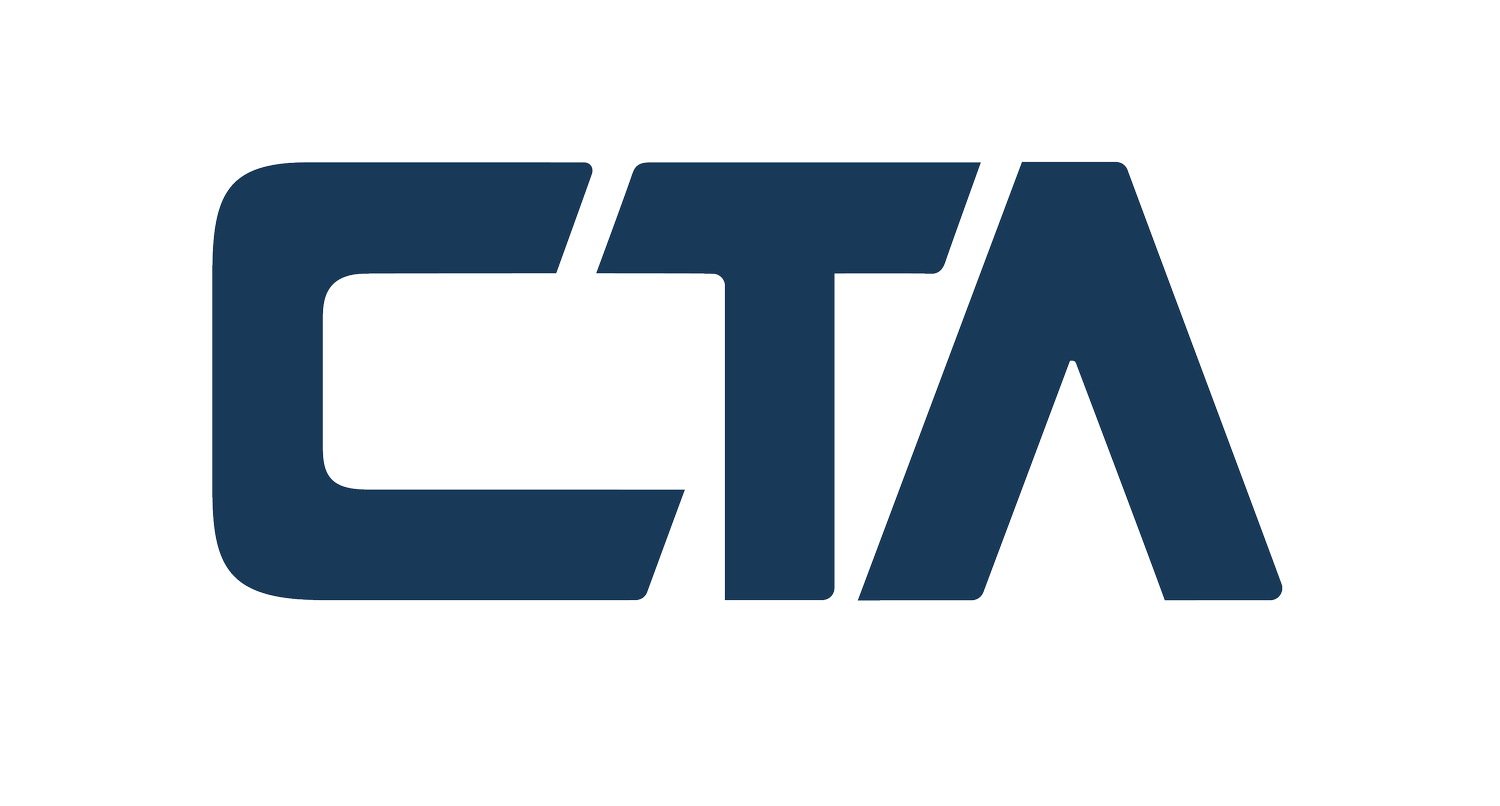In recent months, tariffs have reemerged as a centerpiece of U.S. trade and economic policy. April 2025 saw a dramatic uptick in customs duties—over $16 billion collected in a single month, according to U.S. Treasury data—a level not seen since the peak of the last trade war. These tariffs are reshaping global commerce, increasing supply chain costs, and directly impacting cross-border intercompany transactions.
Complicating matters further, former President Donald Trump, now actively campaigning on a protectionist economic platform, recently tweeted about “bringing the External Revenue Service to heel”—a reference to his vision of using the IRS as a tool to enforce trade policy through taxation and audits. Whether viewed as political bluster or a signal of real administrative intent, this rhetoric has implications for tax compliance and transfer pricing that CPAs cannot afford to ignore.
Tariffs and Transfer Pricing: A Risk Multiplier
Transfer pricing—the pricing of goods, services, and intangibles between related entities—is fundamentally about risk management and compliance. But in a tariff-heavy environment, it also becomes a question of cost management and audit exposure.
When tariffs are levied on imports between related entities, they increase the landed cost of goods. This directly impacts profit margins, potentially causing deviations from arm’s length pricing that may draw scrutiny from tax authorities—especially when those authorities are being publicly positioned as tools of trade enforcement.
For example, a U.S. affiliate of a foreign parent importing goods that are now subject to 15–25% tariffs may show a sudden drop in profitability. If intercompany pricing isn’t recalibrated, the IRS may view the margins as artificially low, triggering potential adjustments, penalties, or disallowance of deductions.
The IRS (or “External Revenue Service,” as President Trump dubbed it) has long maintained that transfer pricing must reflect economic reality. But that reality is rapidly shifting under the weight of political pressure, changing global supply chains, and increasing enforcement appetite.
Political Pressure and the Resurgence of Enforcement
The Trump-era rhetoric framing the IRS as a weapon of trade policy is not just campaign noise—it aligns with growing bipartisan support for using tax enforcement to counteract offshoring and protect U.S. manufacturing. The Inflation Reduction Act and OECD Pillar Two implementation already signal increased regulatory oversight of multinational tax behavior.
Now, tariffs are returning as a de facto economic sanction, and the IRS is under pressure to ensure that multinational companies are not using intercompany pricing to avoid bearing their “fair share” of these costs.
If companies don’t adjust their transfer pricing to reflect the increased cost of doing business across borders, they face risks on multiple fronts:
- Customs audits questioning the accuracy of declared import values.
- IRS audits challenging whether intercompany profits reflect economic substance.
- Double taxation if foreign jurisdictions reject IRS-based adjustments.
Why CPAs Must Lead This Conversation
Given this landscape, CPA advisors must step forward as strategic partners—not just compliance officers. The traditional approach of checking a transfer pricing box on a tax return is no longer sufficient. Instead, businesses need:
- Updated intercompany agreements that reflect new economic realities.
- Proactive planning to adjust pricing structures in light of tariffs and tax exposure.
- Defensible documentation that anticipates IRS scrutiny and supports arm’s length positions.
A transfer pricing study is not just a compliance tool—it’s now a risk mitigation imperative. Without one, businesses are vulnerable to audit exposure, financial penalties, and operational inefficiencies.
A Strategic Call to Action
At Corporate Tax Advisors, we specialize in helping companies stay ahead of regulatory, economic, and political changes. Our team of CPAs, Attorneys, and Enrolled Agents works closely with businesses to produce comprehensive, defensible transfer pricing studies that align with current trade realities—including the rapidly evolving tariff environment and the IRS’s shifting enforcement posture.
If your company or your client’s company engages in cross-border transactions—even just with a related supplier or distributor—it’s time to reexamine your transfer pricing. The combination of rising tariffs, political scrutiny, and increased audit activity has created a perfect storm of risk.
Contact Corporate Tax Advisors today to schedule a transfer pricing consultation. We’ll help ensure you’re protected—not just from the IRS, but from the new “External Revenue Service” mindset shaping U.S. tax policy.









